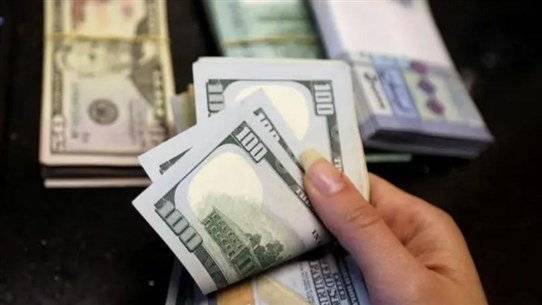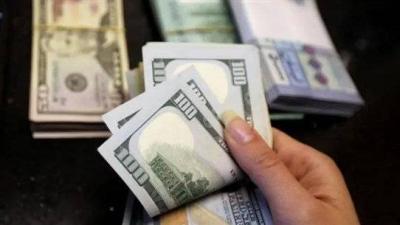The maritime border delineation file is progressing toward signing an agreement by the end of this month, with countries showing interest in participating in exploration. Meanwhile, the presidential entitlement continues to face warnings of a vacuum due to a lack of consensus among the political forces regarding a candidate's name, despite Western pressure to complete the entitlement as a priority.
Regarding the delimitation, U.S. mediator Amos Hochstein revealed that the agreement is beneficial for Israel's security, clarifying that the protection line was not the official border between Israel and Lebanon. Now, Lebanon has agreed to recognize it as a de facto situation, allowing the Israelis to patrol along this line and potentially supervise it. He added, "We did not get everything we wanted, and Lebanon did not get everything it wanted... We changed the conversation so that everyone comes out a winner."
Economically, the announcement of the border agreement has not affected the exchange rate of the dollar, which has surpassed 40,000 LBP for the first time, coinciding with a new wave of price hikes in food and fuel products. The "International Information" indicated that since the end of 2019, Lebanon has witnessed a significant and continuous rise in the cost of living, reaching 272% from the end of 2020 until the end of August 2022, according to data from the Central Administration of Statistics. However, some experts and ordinary Lebanese have noticed that the rise in prices has exceeded the officially announced rate and may have surpassed 500%, as the prices of imported goods increased more than the rise in the dollar exchange rate, as well as locally produced goods.




